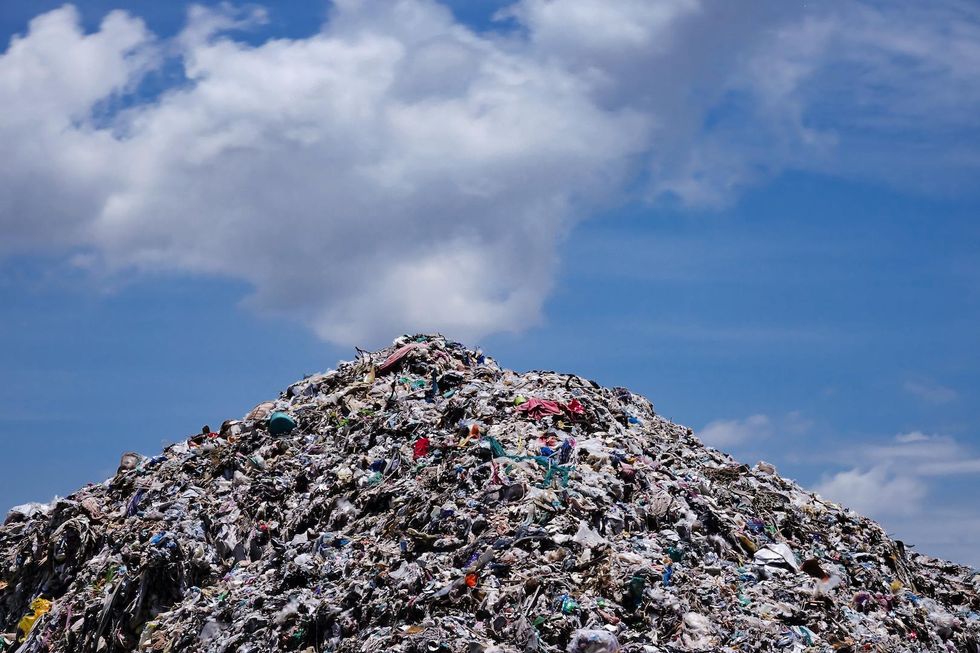
The city of Austin, Texas, has banned the throwing away of food in a new ordinance. (Getty Images)

The capital of Texas has instituted a ban on throwing away food that aims to help the environment and reduce waste, but some residents aren't happy with the additional costs it could cause, according to Fox News.
The city of Austin announced the Universal Recycling Ordinance on Monday, the same day it took effect.
"The URO requires convenient access for employees to divert discarded organic material, such as food scraps or soiled paper products, from landfills," the ordinance reads. "Options include donating extra food to feed people (preferred), sending food scraps to local animal farms or ranches, developing customized solutions and composting, either on-site or with a private organic collection provider."
A significant portion of the city's trash and recycling, 37 percent, is organic and could have been donated or composted, according to a 2015 study. Before the ordinance, that waste was simply sent to landfills.
Supporters of the ordinance tout the potential to put a dent in the number of food insecure residents of Austin, due to the forced increase in food donations that would normally just be trashed.
Those less excited about the new ordinance voiced concerns about the increased cost that would be shouldered by residents for food and restaurant service.
"So Austin just created a business sector that will cost residents more," one Twitter user wrote. "Trash collectors and compost collectors will both have to be paid."
"I could see the Texas legislature banning this ban," wrote energy and environmental journalist Ari Phillips.
The city, in its press release, responded to concerns by business owners about how they would be able to comply.
"The City is committed to helping companies, large and small, find cost-effective solutions and establish diversion programs to ensure food and other organics are put to best use while meeting ordinance requirements," the release read.